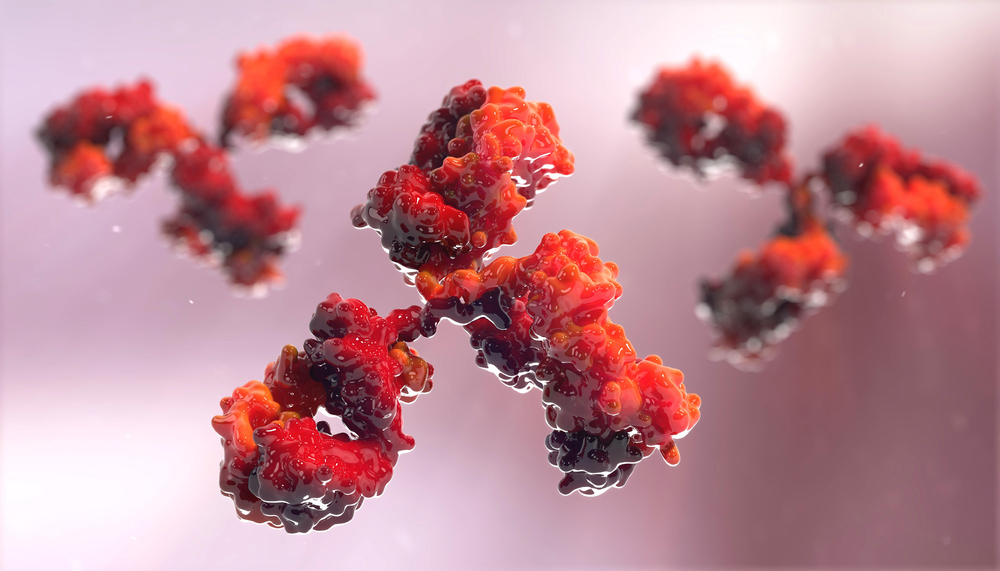MOUSE ANTI-CLOSTRIDIUM DIFFICILE TOXIN B ANTIBODY
Mouse anti Clostridium difficile toxin B antibody (clone TB75) recognises Clostridium difficile (C. difficile) Toxin B.
PRODUCT DETAILS – MOUSE ANTI-CLOSTRIDIUM DIFFICILE TOXIN B ANTIBODY
- Mouse anti Clostridium difficile toxin B antibody (clone TB75)
- Isotype – Mouse IgG1
- Purified in a multistep procedure and presented in PBS
- Specific for C. difficile Toxin B detection
- No cross reactivity with C. difficile Toxin A
BACKGROUND
Clostridium difficile (C. difficile) is a gram positive spore-forming anaerobic bacterium, which was first described in the mid-1930s and was later linked to cases of pseudomembranous colitis. C. difficile infection can cause a spectrum of diseases known collectively as C. difficile infections (CDI) that range from mild diarrhoea to pseudomembranous colitis and toxic megacolon, severe disease which may lead to death. The severity of the disease in each case is determined by the virulence of the C. difficile strain, the condition of the patient’s normal gut flora and the individual’s immune response to intestinal damage. Further studies have shown that C. difficile is predominantly associated with cases of infectious diarrhoea in patients that have been treated with antibiotics or have disrupted commensal gastrointestinal flora, and is recognised as a leading cause of severe gastrointestinal disease in hospitalised patients (Voth, DE).
C. difficile spores are found in soil, human and animal faeces, and some processed meats and can be transmitted from one individual to another through contact with contaminated surfaces. Toxins A and B have been identified as major C. difficile virulence factors, which are encoded by the tcdA and tcdB genes respectively. Both toxin A and toxin B have proinflammatory and cytotoxic activity, which causes disruption to the intestinal epithelium leading to extensive damage and cell death in the large intestine (Carter, GP).
REFERENCES
- Voth, DE et al. (2005). Clostridium difficile Toxins: Mechanism of Action and Role in Disease. Clin Microbiol Rev.18(2): 247–263.
- Carter, GP et al (2010). The role of toxin A and toxin B in Clostridium difficile-associated disease. Past and present perspectives. Gut Microbes.1(1): 58–64

